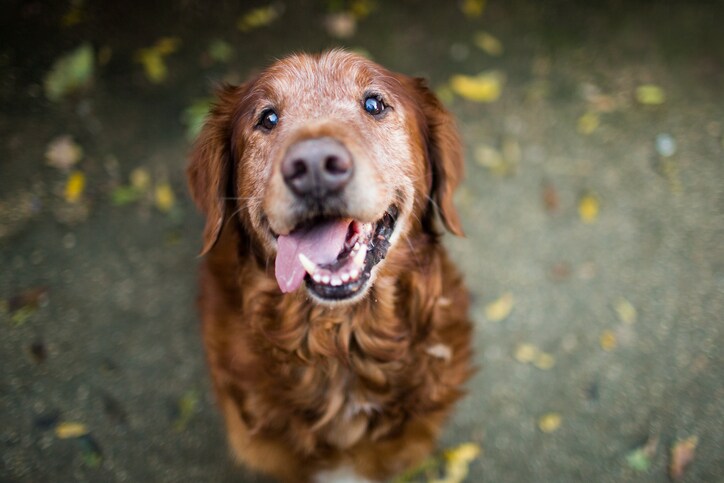All dogs pant, especially when it’s hot outside. However, if you’ve noticed your dog panting excessively in conditions when they are relaxed and at a comfortable temperature, you should speak to a vet. They will be able to help you identify the underlying cause of this behaviour.
Looking for a dog sitter? Find ones in your area now.
Here’s everything you need to know about dog panting:
Why do dogs pant?
The most common reason for a dog panting is to cool down when they’re hot. It is therefore normal to see your dog panting on a hot day, or after they’ve been running and playing. Certain breeds of dogs (particularly brachycephalic breeds, such as pugs and Boston terriers) will pant more than others – and especially if they’re overweight. However if you’ve become aware of your dog panting excessively, seemingly without cause, it could be a sign that something is wrong.
Causes of excessive panting
There are many reasons why your dog may be panting excessively. In order to determine the cause, pay close attention to your dog’s behaviour and activities when the panting occurs.
1. Heatstroke and dehydration
Heatstroke and dehydration are some of the most common causes of excessive dog panting. If your dog becomes overheated, their saliva will become thick and sticky, and their tongue may turn bright red. They may also be weak, have difficulty walking and experience symptoms of vomiting and diarrhoea. Signs of dehydration include dry or tacky-feeling gums, a very dry nose, sunken eyes and lethargy.
The best way to prevent your dog from getting overheated is to monitor the amount of time they spend outdoors during extreme weather. If you must be outside, be sure to take frequent breaks, rest in the shade and have clean, cool water available for your dog. On a really hot day, you can help your dog maintain a comfortable body temperature by wetting them with cool, but not ice cold, water.
2. Stress
Stress or anything that causes anxiety in your dog can also cause excessive panting. Loud noises, such as fireworks and thunderstorms, or significant life changes, such as the addition of a new pet or baby into the family, can bring on anxiety-related panting. A simple solution to this is to avoid the stressor, if possible. For instance, if loud noises cause your dog to panic, move them to a sound-proof area when there’s a thunderstorm. You may also want to consult with a dog behaviourist, who can train your dog to cope with certain situations.
3. Illness or disease
Panting can be brought on by any type of stress or over-excitement, but it can also be a result of an illness or chronic condition, such as Cushing’s Disease, heart disease or a pulmonary disease. Your dog’s excessive panting may be caused by pain, discomfort or a fever related to an illness. If you are noticing that your dog is panting constantly and can’t seem to get relief then there could be a chronic health issue in play.
When to call your vet
If your dog is severely distressed, coughing or struggling to breathe, take them to see the vet right away, as these can all be signs of a serious problem, as is the case if your dog is displaying any signs of dehydration or heatstroke. You may also want to consult with a vet any time your dog is panting excessively for no apparent reason. Your vet can perform tests on your dog to determine the underlying cause of this behaviour, and prescribe medications if necessary.
Read Next: 7 Home Remedies for Dog Dandruff
Read Next: Dog Losing Hair? The Possible Causes and What to Do Next
Read Next: Overnight Pet Care: What to Look For
